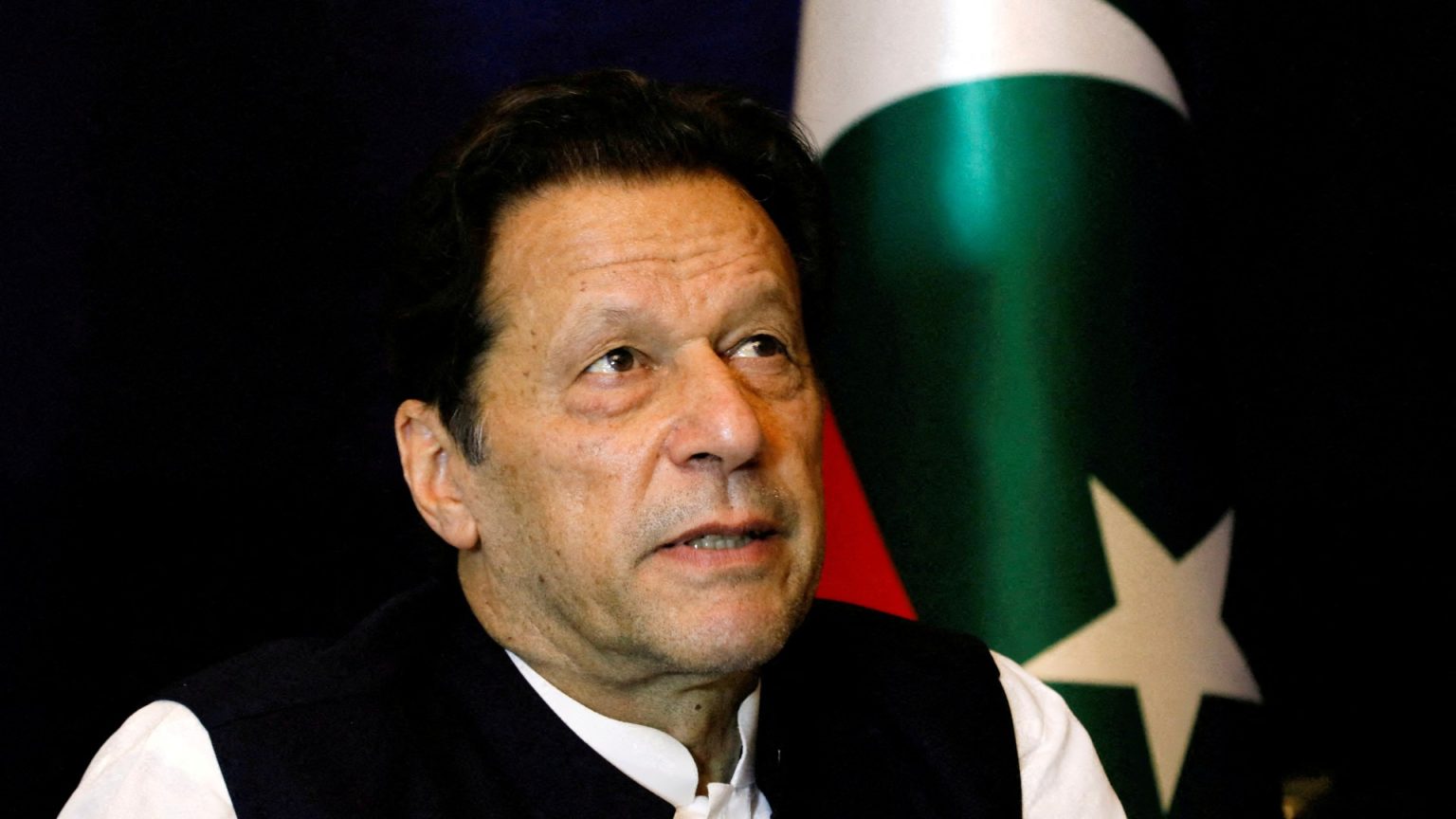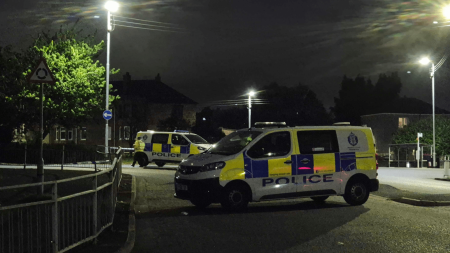Paragraph 1: The Conviction and Sentencing of Imran Khan
Former Pakistani Prime Minister Imran Khan has been sentenced to three years in prison on corruption charges. This verdict, delivered in August 2023, adds another chapter to the tumultuous political career of the former cricket star. Khan, who has been imprisoned since May 2023 on separate corruption charges, was found guilty in this case of concealing assets acquired through corrupt practices. Specifically, the court determined that Khan had illegally benefited from selling state gifts during his tenure as prime minister from 2018 to 2022. The gifts, estimated to be worth over £200 million, were received from foreign dignitaries and according to Pakistani law, should have been declared and deposited in the state treasury. Khan’s defense argued that he had legally purchased some of the gifts from the state treasury. However, the court rejected this claim, deeming his actions a violation of the law and a breach of public trust.
Paragraph 2: Accusations and Conviction of Bushra Bibi
Khan’s wife, Bushra Bibi, was also convicted in the same case and received a sentence of three years in prison. While she was not directly implicated in the concealment of state gifts, she was found guilty of aiding and abetting her husband’s illegal activities. The prosecution presented evidence suggesting that Bibi had been aware of the illicit transactions and had actively participated in concealing the assets. This conviction further complicates the legal battles facing the couple and adds another layer to the ongoing political drama surrounding the former prime minister.
Paragraph 3: The Allegations of a Politically Motivated Prosecution
From the moment the allegations surfaced, Imran Khan has vehemently denied any wrongdoing, asserting that the charges against him are politically motivated. He claims that the current government, led by Prime Minister Shehbaz Sharif, is using the legal system to persecute him and prevent him from contesting future elections. Khan’s supporters echo this sentiment, portraying him as a victim of a conspiracy orchestrated by his political rivals. They argue that the charges are fabricated and designed to tarnish his reputation and undermine his popularity.
Paragraph 4: The Broader Political Context
Khan’s conviction takes place against a backdrop of significant political instability in Pakistan. Since his removal from office in April 2022 through a vote of no confidence, the country has been grappling with economic challenges and political polarization. Khan’s Pakistan Tehreek-e-Insaf (PTI) party remains a significant political force, and his supporters have staged protests across the country denouncing his arrest and conviction. This political turmoil further complicates the situation and raises concerns about the future of Pakistani democracy.
Paragraph 5: The Implications of the Conviction
The conviction carries significant implications for Imran Khan’s political future. The three-year prison sentence could potentially disqualify him from contesting upcoming elections, effectively sidelining him from the political arena. Furthermore, the conviction adds weight to the narrative of corruption that his opponents have consistently used against him, potentially eroding his support base. The legal battle, however, is far from over. Khan’s legal team has indicated their intention to appeal the verdict, prolonging the legal proceedings and maintaining the political uncertainty.
Paragraph 6: The Future of Pakistani Politics
The unfolding events surrounding Imran Khan’s conviction have added another layer of complexity to the already volatile political landscape of Pakistan. The case is likely to further deepen the political divide within the country, exacerbating existing tensions. The outcome of the appeals process will be crucial in determining Khan’s political future and, by extension, the trajectory of Pakistani politics. The international community is closely watching the developments, with concerns about the impact of the political instability on the country’s stability and its fight against terrorism and economic challenges. The future of Pakistani politics remains uncertain, with much depending on the legal battles that lie ahead and the evolving dynamics between the various political factions.











